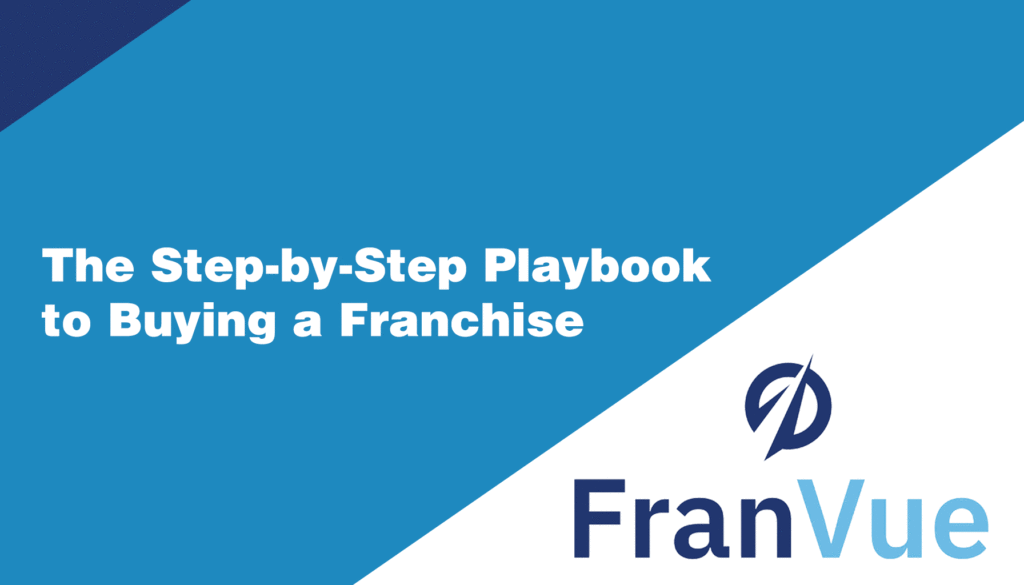The allure of franchising—leveraging an established brand, tried-and-tested processes, and ongoing support—has enticed many into the world of entrepreneurship. However, purchasing a franchise isn’t just about picking a brand and signing on the dotted line. It’s a structured process that requires careful planning and consideration. Here’s a comprehensive playbook to guide you through the journey of buying a franchise.
1. Self-Assessment
Objective: Determine if franchising aligns with your personal and financial goals.
- Assess your strengths, weaknesses, and passions.
- Decide on the type of industry and role you envision for yourself.
- Determine your financial capability, including the initial investment and ongoing capital needs.
2. Industry and Brand Research
Objective: Identify potential franchises that align with your interests and budget.
- Make a list of industries that resonate with your interests and market demand.
- Research and shortlist potential franchise brands within those industries based on their reputation, growth potential, and initial investment requirements.
3. Request for Information
Objective: Gain a deeper understanding of the shortlisted franchises.
- Reach out to the franchisors to express interest and request more information.
- Review their marketing materials and preliminary documents.
4. Attend Discovery Days
Objective: Engage directly with franchisors and experience the brand firsthand.
- Many franchisors offer ‘Discovery Days’—a chance for potential franchisees to visit the corporate office, meet the team, and understand the brand’s culture.
- Use this opportunity to ask questions and gauge the level of support provided.
5. Review the Franchise Disclosure Document (FDD)
Objective: Understand the intricacies of the franchise agreement and the brand’s track record.
- The FDD provides comprehensive details about the franchise, including financial performance, litigation history, and franchisee turnover rates.
- Consult with a franchise attorney to decipher the nuances and ensure there aren’t any unfavorable terms.
6. Speak with Current and Former Franchisees
Objective: Obtain unbiased, firsthand feedback on the franchise experience.
- Ask the franchisor for a list of current and former franchisees.
- Engage with them to understand their experiences, challenges, and satisfaction levels.
7. Secure Financing
Objective: Ensure you have the necessary funds to invest and sustain the business.
- Determine the total cost, including franchise fees, equipment, inventory, working capital, and more.
- Explore financing options such as traditional loans, SBA loans, or franchisor-backed financing.
8. Finalize Location and Territory
Objective: Decide where you’ll operate and ensure territorial rights.
- Discuss territorial exclusivity with the franchisor.
- Conduct local market research and finalize a suitable location.
9. Sign the Franchise Agreement
Objective: Officially become a franchisee.
- Once you’re comfortable with all the terms and have conducted due diligence, sign the franchise agreement.
- Pay the necessary fees to the franchisor.
10. Training and Establishment
Objective: Equip yourself with the required skills and set up your franchise.
- Attend the franchisor’s training program to understand the business model, operations, and best practices.
- Work on setting up your outlet, hiring staff, and preparing for the launch.
11. Grand Opening
Objective: Launch your franchise with a bang!
- Leverage the franchisor’s marketing support for your grand opening.
- Engage with the local community and introduce them to your franchise.
12. Continuous Engagement and Growth
Objective: Operate, grow, and ensure constant alignment with the franchisor’s vision.
- Stay engaged with the franchisor through periodic meetings, training updates, and conferences.
- Monitor your performance, adapt to market changes, and aim for continuous growth.
In Conclusion
Buying a franchise is a significant commitment, both financially and personally. This playbook provides a structured approach to ensure you make informed decisions at every step. Remember, the key to successful franchising lies in meticulous research, ongoing learning, and maintaining a robust relationship with the franchisor. Happy franchising!


